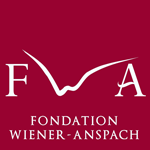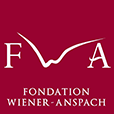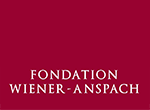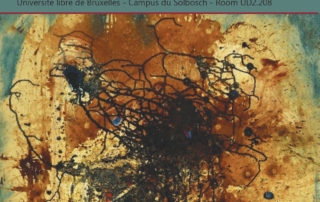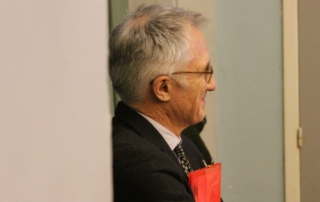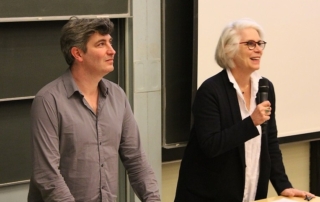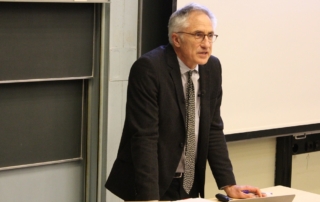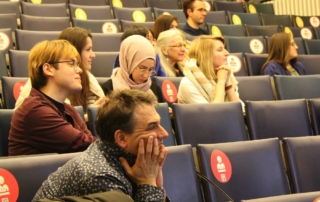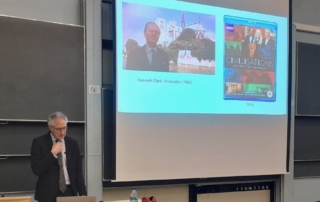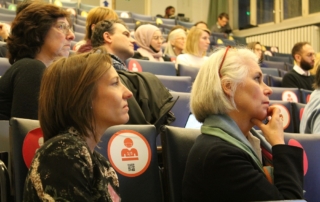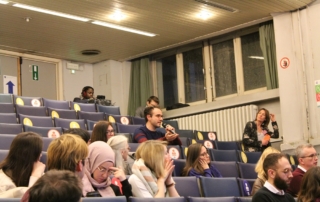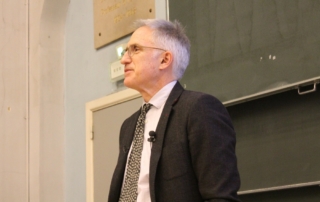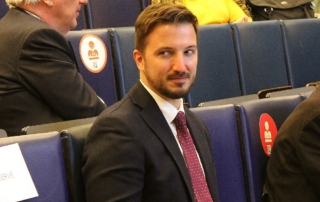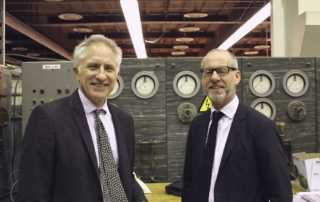2021 – 2022 Chair
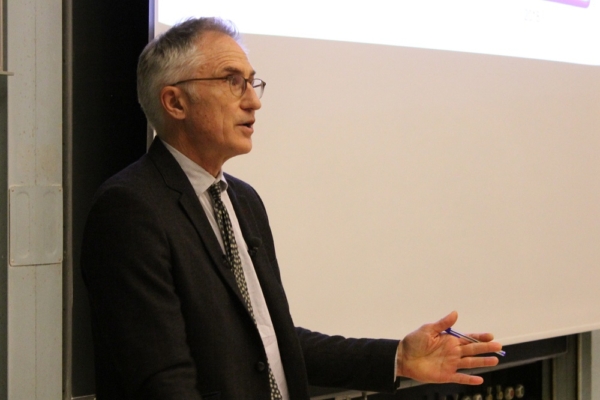
In 2021-2022 the holder of the Ganshof van der Meersch Chair was Paul Betts, Professor of Modern European History at St Antony’s College (University of Oxford), on the recommendation of Ramona Coman and Nicolas Verschueren (President and Director of the Institute for European Studies).
Paul Bett’s research and publications centre on Modern European Cultural History in general and 20th Century German History in particular, with a special focus on the relationship between culture and politics. His books include Ruin and Renewal: Civilizing Europe after World War II (New York: Basic Books/ London: Profile Books, 2020), Within Walls: Private Life in the German Democratic Republic (Oxford: Oxford University Press, 2010), and The Authority of Everyday Objects: A Cultural History of West German Industrial Design (Berkeley: University of California Press, 2004).
Paul Bett’s course at ULB – “Europe in the 20th Century, 1914-2000: National, Transnational and International Histories” – explored how notions of regional, national and international history have been used to organize and interpret the history of 20th-century Europe. He also gave a public lecture, entitled “A Re-Civilising Mission: The Cultural Reconstruction of Europe after 1945”, on March 10, 2022.
Abstract of the lecture
In this lecture, Paul Betts discussed his new book on Europe after 1945, which explores how changing understandings of civilization underpinned a new politics of identity in an era of defeat and division across the Cold War divide. It traces how this long reviled term of European superiority enjoyed a popular comeback in many circles, variously used to imagine Europe as a whole as well as to justify its political differences. The new mission to re-civilize Europe was by no means confined to conservatives, and was seized upon by a surprising array of competing causes and interest groups from across the political spectrum and Iron Curtain. In the aftermath of war, civilization served as a favorite point of reference to grasp Europe’s new postwar condition beyond the nation-state and Cold division, and to reconsider its relationship to the past, the future, and the rest of the world.
